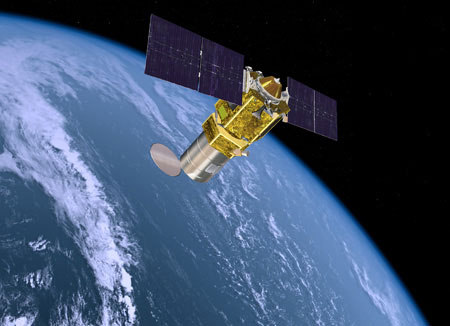| Apr 10, 2013 |
Boeing announces Phantom Phoenix family of small satellites
|
|
(Nanowerk News) Boeing is developing a family of small satellite prototypes, called Phantom Phoenix, that can quickly and affordably be manufactured and configured for specific missions.
|
|
Sharing a common architecture, flight software and simplified payload integration options, the satellites could perform missions ranging from intelligence, surveillance and reconnaissance to planetary science.
|
 |
|
“Our customers need greater mission flexibility from smaller satellites that can be built more affordably, and delivered more quickly, without sacrificing quality,” said Boeing Phantom Works President Darryl Davis. “Building upon the success Boeing has had with expanding our 702 satellite family, we’ve rapidly developed a line of satellites to address the market between large geosynchronous spacecraft and nanosatellites.”
|
|
The Phantom Phoenix prototypes have three configurations:
|
|
Phantom Phoenix -- 500 to 1,000 kg mid-class; designed for single and dual launch.
Phantom Phoenix ESPA -- 180 kg ESPA-class; attaches to a common interstage adapter allowing for the launch of more than one satellite at a time. Up to six small satellites could be deployed during a single mission, reducing launch costs.
Phantom Phoenix Nano -- 4 to 10 kg nanosatellite; offers affordable technology for science and weather missions.
|
|
Phantom Phoenix will be designed for all major launch vehicles.
|
|
“Boeing has been providing quality satellites to our global customers for over five decades,” said Bruce Chesley, director of Advanced Space & Intelligence Systems. “The Phantom Phoenix prototypes are designed to give our commercial and government customers affordable, agile solutions to address the ever-evolving market and mission requirements.”
|
|
Equipped with tailored avionics and selective redundancy options, the satellites meet mission requirements for reliability and service life at an affordable cost. The satellites also feature high autonomy, streamlined operations and low-risk integration. Boeing will conduct initial technology development in Huntington Beach, Calif.
|

